Resolution #439
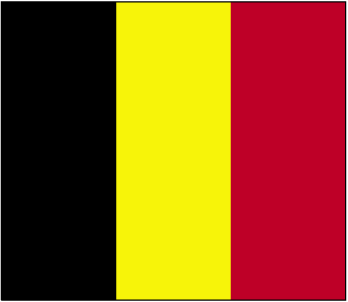 |
The question of the effect of proxy warfare on security issues in the Middle East. |
| Committee: DISEC | |
| Main Submitter: Belgium | |
| Submitted: 14/02/2025 21:20 |
| Status |
|---|
| Passed cosubmitter sheet validation |
| Approved by approval panel |
| Selected for debate by secretariat |
| Passed by committee (DISEC) |
Committee Voting
| For: | 38 |
| Against: | 3 |
| Abstentions: | 1 |
Options
Co-submitters
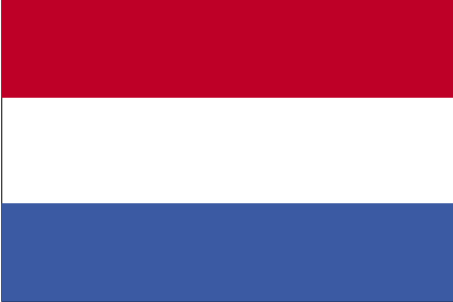 | Netherlands |
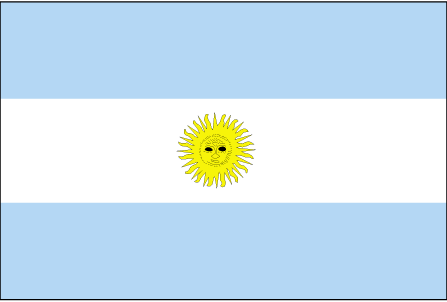 | Argentina |
 | Spain |
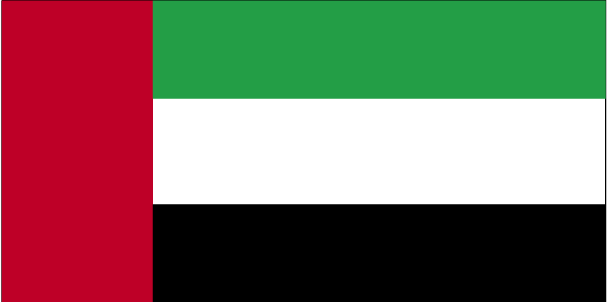 | United Arab Emirates |
 | USA |
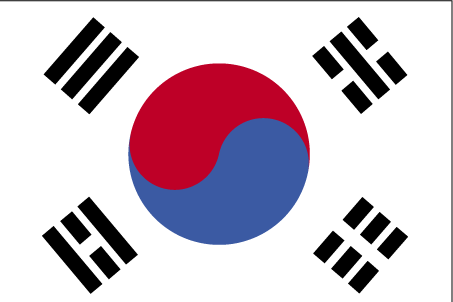 | Republic of Korea |
 | Ukraine |
 | United Kingdom |
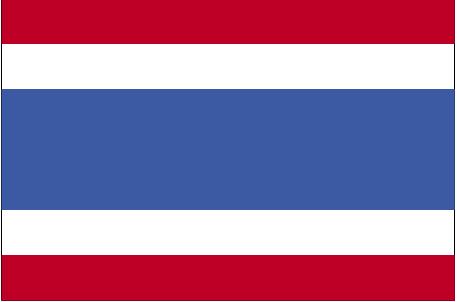 | Thailand |
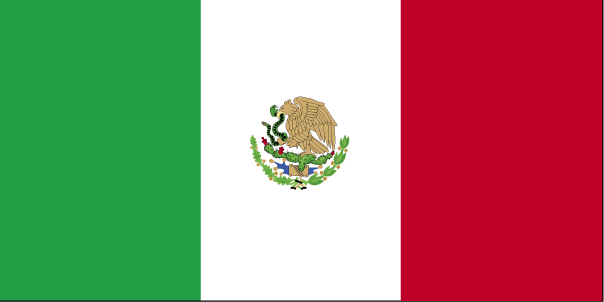 | Mexico |
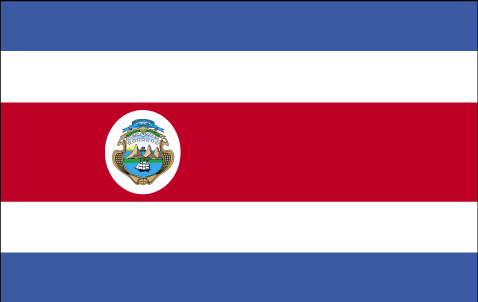 | Costa Rica |
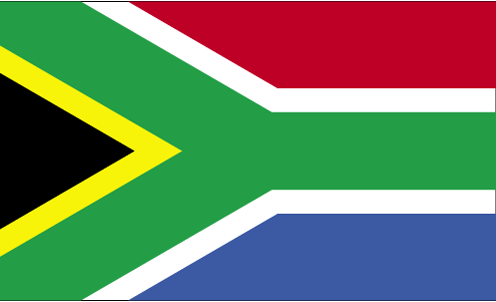 | South Africa |
 | Greece |
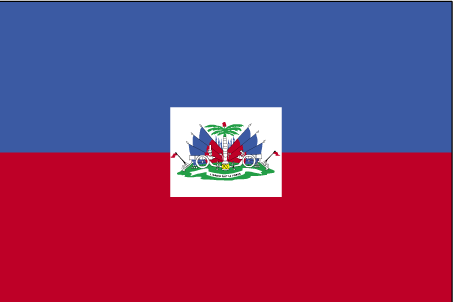 | Haiti |
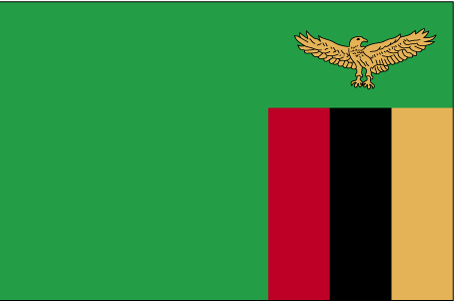 | Zambia |
Resolution
COMMITTEE: DISEC
QUESTION OF: The Effect of Proxy Warfare on Security Issues in the Middle East
SUBMITTED BY: Belgium
CO-SUBMITTERS: Argentina, Costa Rica, Greece, Haiti, Mexico, Netherlands, Rep of Korea, Rep of South Africa, Spain, Thailand, UAE, Ukraine, United Kingdom, USA, Zambia
THE DISARMAMENT AND INTERNATIONAL SECURITY COMMITEE,
Aware of the definition of ‘national security’ by the U.N., as being ‘the protection of a nation's stability and well-being from various threats, including military, economic, social or environmental factors which can significantly impact the quality of life and choices available to the government and people’,
Recognising the ‘Middle East’ as being the collective of countries including Akrotiri and Dhekelia; Bahrain; Cyprus; Egypt; Iran; Iraq; Israel; Jordan; Kuwait; Lebanon; Oman; Palestine; Qatar; Saudi Arabia; Syria, Turkey; United Arab Emirates; Yemen,
1. Urges, the creation of a UN sub-body, the UN Middle Eastern Proxy Conflict Surveillance and Response (UNMEPCSR), to monitor, discuss and ultimately tackle issues relating to proxy wars in the Middle Eastern Area, through methods such as:
a. monitoring all conflicts or tensions for both direct and indirect foreign state involvement, to determine the level of influence and motives for involvement in the conflict especially identifying foreign states which are spurring on conflicts abroad to further their personal interests, thus creating proxy wars
b. Calling for diplomatic talks with the aim of settling tensions and de-escalating proxy conflicts between bordering states or otherwise, aiming to include within talks:
i. affected Middle Eastern countries (proxy states) where proxy conflicts have previously resulted in or are currently ongoing within them
ii. foreign countries which can be determined as funding or encouraging the conflict in these territories, to pursue their own ideologies or economic exploits
iii. other relevant parties/groups with ties to the conflict, only to be involved in discussions under circumstances which further the diplomatic aims from their inclusion
c. within these diplomatic talks prioritise peace and cooperation between these countries for the purposes of increasing economic and social prosperity; as well as clearing the way for replenishing and restructuring of governments where necessary to the status of a stable and democratic state, and to eventually result in the rebuilding and restoration of the countless infrastructure including hospitals, schools and housing which have already been struck by conflict in these areas the past
d. calling on the SOCHUM committee and the United Nations Peace and developement Trust Fund (UNPDF) to guide restorative social and economic developments, bodies such as United Nations International Children’s Emergency Fund (UNICEF) , United Nations High Commissioner for Refugees (UNHCR) and United Nations Office for the Coordination of Humanitarian Affairs (OCHA) , calling on the International Committee of the Red Cross (ICRC) for collaboration, to support the protection of human rights for civilians in the Middle East
e. discouraging prolonged involvement from foreign indirectly involved bodies in an effort to further promote the sovereignty of effected proxy states
f. referring to legal bodies such as the Committee of Legal Advisers on Public International Law (CAHDI) for navigating international law issues during talks;
2. Recommends the UNMEPCSR to commit resources to the monitoring of growing activity or change in circumstances in Middle Eastern Proxy Conflicts to inform peace talks, taking into account the multilateral aspect of the relationships between involved parties, to be supported by:
a. a bi-annual report on the progression of the conflicts based off of information gathered during the reports creation and informed by relevant records of the UN Archive
b. the involvement in these reports for use in discussion during relevant UN conferences, such as the yearly ‘Conference on the Establishment of a Middle East Zone Free of Nuclear Weapons and Other Weapons of Mass Destruction’, to encourage discussion relating to the proxy element of many Middle Eastern Conflicts;
3. Further calls upon Security Council and its relevant sub-bodies to grant mandates to distribute peacekeeping forces in conjunction with UNMEPCSR from member nations to Middle Eastern states in which their security is threatened or in the process of being breached as a result of a Proxy Conflict, the manner of the issue dictating the type of mandate authorised, including:
a. a Protection of Citizens (POC) Mandate in case of the spilling over of conflict over national or regional borders
b. permission for a liaison to be sent into a state to assist or reinforce the authorities in the case of an internal security breach
c. a mandate to send in peacekeepers to help stabilize potential conflict situations and reinforce local authorities in a state after a cease-fire has been reachedEffected Middle Eastern countries (proxy states) where proxy conflicts have previously resulted in or are currently ongoing within them;
4. Encourages the international collaboration between international organizations, nations, nongovernmental organizations, and civil society groups to promote human rights protections within regions affected by proxy warfare;
5. Urges the expansion of conflict prevention and early warning systems within UNMEPCSR to mitigate the escalation of proxy wars in the Middle East by:
a. establishing an Early Warning Task Force within UNMEPCSR to identify and assess rising tensions that may lead to proxy conflicts, utilizing:
i. satellite imagery, open-source intelligence, and diplomatic reports to track military buildups and foreign involvement
ii. collaboration with regional organizations such as the Arab League and the Organization of Islamic Cooperation (OIC) to enhance on-the-ground intelligence and mediation efforts
iii. regular consultations with local communities, humanitarian organizations, and civil society groups to gather firsthand insights on potential flashpoints,
b. implementing a crisis-response mechanism that includes:
i. the rapid deployment of UN mediators to regions experiencing heightened tensions to facilitate dialogue between affected parties
ii. the provision of technical and logistical support for peace talks before conflicts escalate into large-scale violence
iii. coordination with the UN Department of Political and Peacebuilding Affairs (DPPA) to provide conflict-resolution expertise tailored to regional dynamics,
c. encouraging Middle Eastern states to develop national peacebuilding strategies supported by UNMEPCSR, focusing on reducing internal vulnerabilities that make them susceptible to proxy warfare.